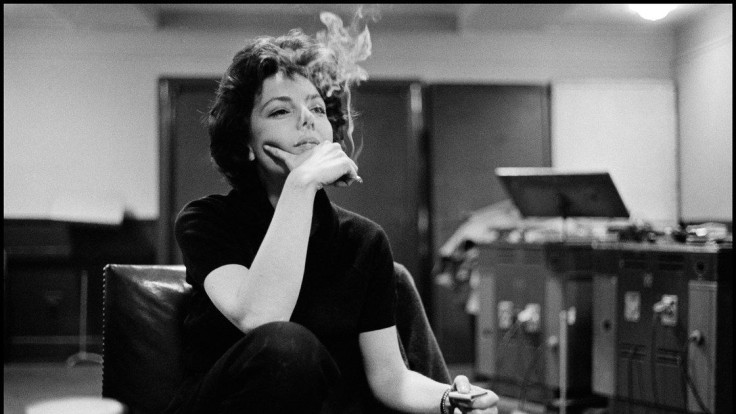As December approaches, I have yet to decide exactly how it is I’m going to look back at what movies meant in 2017. As it stands, I’m of two minds. On one hand, I’ve had the pleasure to witness and write about the advent of some truly promethean figures in the world of art and science. Greta Gerwig’s radical directorial debut Lady Bird, for instance, or Dorota Kobiela’s sober homage to the post-impressionist painter, Vincent Van Gogh. Both seminal achievements for many wonderful things on the horizon.
Unfortunately, the Harvey Weinstein saga, which broke back in early October, was just a dress rehearsal for a string of perpetual controversies to come.This was undoubtedly an impressive year for the arts, but it was also the year the hitherto disregarded truth, that women have been the trivialized speedbag for archaic boys clubs, finally became indubitable. Initially, this struck me as a sort of morbid searing of what had otherwise been quite the spirited year for women in film and television, but the more I sit with it, the more I adopt the contrary view. The more I see the downfall of my heroes as a good omen.
As a writer, it’s easy to get conscripted into the regime of freedom of expression; to slip into the mindset that expression and art come before all else, and should be defended, even at the expense of the social plight of others. The teachings of Orwell, Paine, and Locke had a profound effect on me. Together, their words hardened my heart against imprecise language and censorship so that I was willfully blind to many of the much more serious issues that plagued people I respect. When a pop culture behemoth gets outed as being less than what we thought they were, the impulse is to cry “Not them too!” or to declare it a corollary of a “witch hunt.” I’m not deaf to these laments, and I’d be lying if I said the accusations that face Neil Degrasse Tyson didn’t upset more of my convictions than I care to admit, but the fact of the matter is, that’s on me, not the culture.
We want to create a standard that gives people in power more pause about abusing it. We want to dismantle the system that puts a premium on one kind of voice and dictates that other perspectives are niche or art house bullshit. Applying rigid standards of ethics and conduct is crafting a lash for one’s own back, but I’m not so sure that’s such a bad thing. It’s certainly complicated. I still maintain the view that art can still be enjoyed irrespective of the character of the creator, though brilliance should not be a pass for moral ambiguity. If you found out your mailman jacked off in front of women, there would be no hesitation in evaluating his character. It wouldn’t even occur to you to defend him with, “But he’s such a great mailman!”.
The withering away of Old Hollywood has been in motion for years and it’s only reaching a violent head now. Even in that short amount of time, it has already given way to some of the most powerful cinema in recent history: Moonlight, Loving Vincent, Tom Boy, Cameraperson, Detroit, Get Out. All exceptional films, and all made about and by the kind of people that were voiceless three decades ago.
Of course, discussion is still important. No perspective, no matter how ill-informed or vulgar should ever be wholly disregarded or censored. Let’s make an effort to not only hold our heroes and their defenders accountable for things they do and say, while also allowing them their right to contribute to the dialectic. Bad opinions also have their place in the process of reasoning.

















